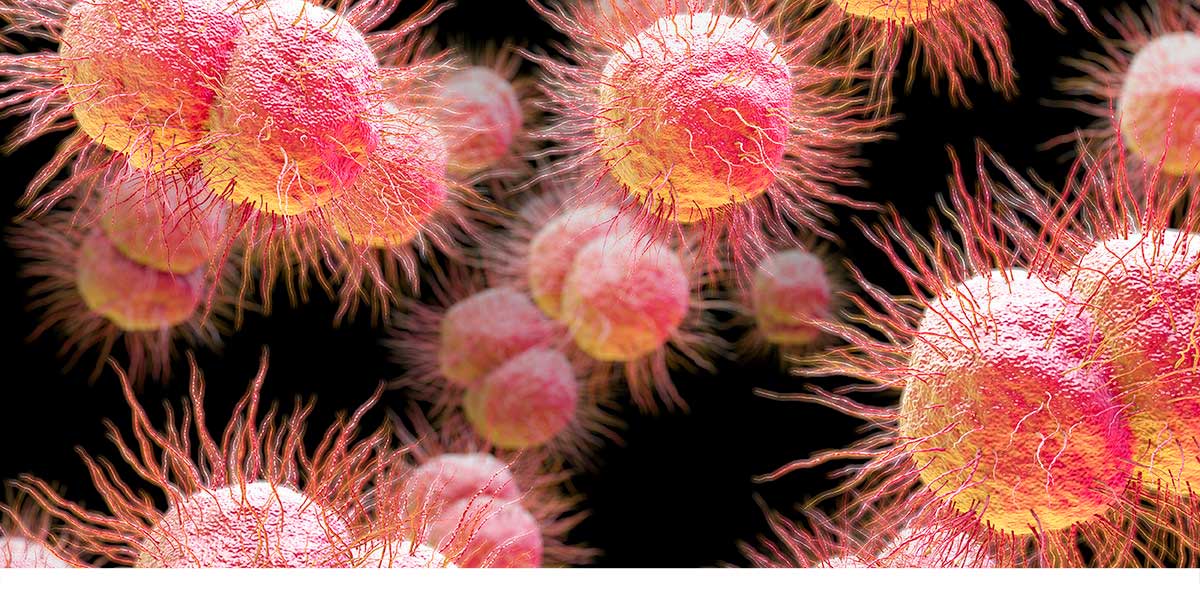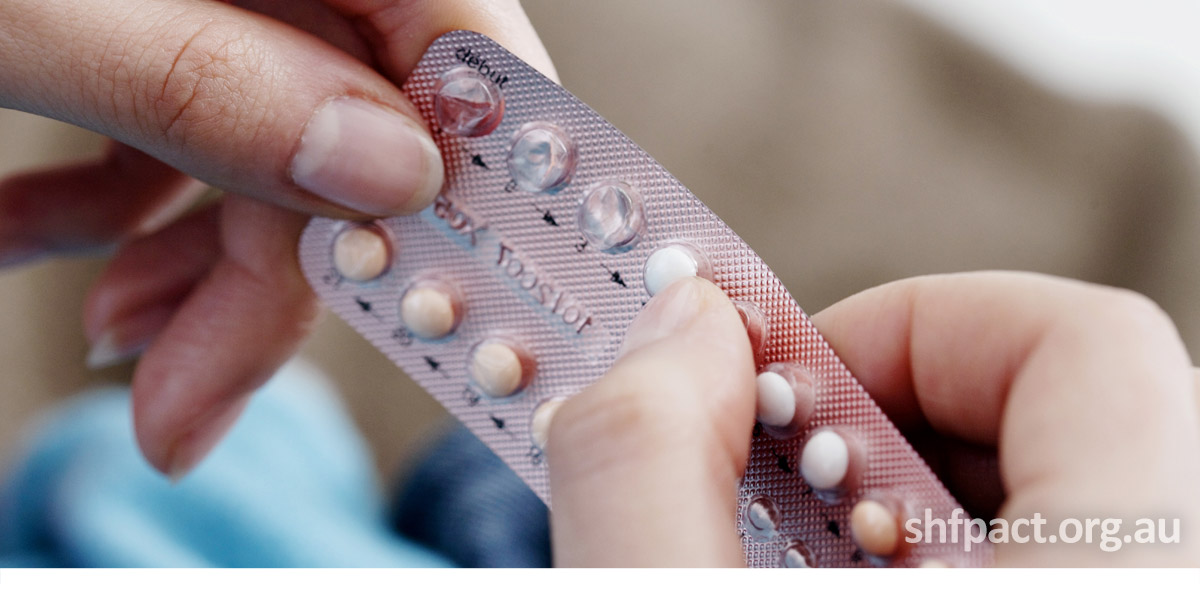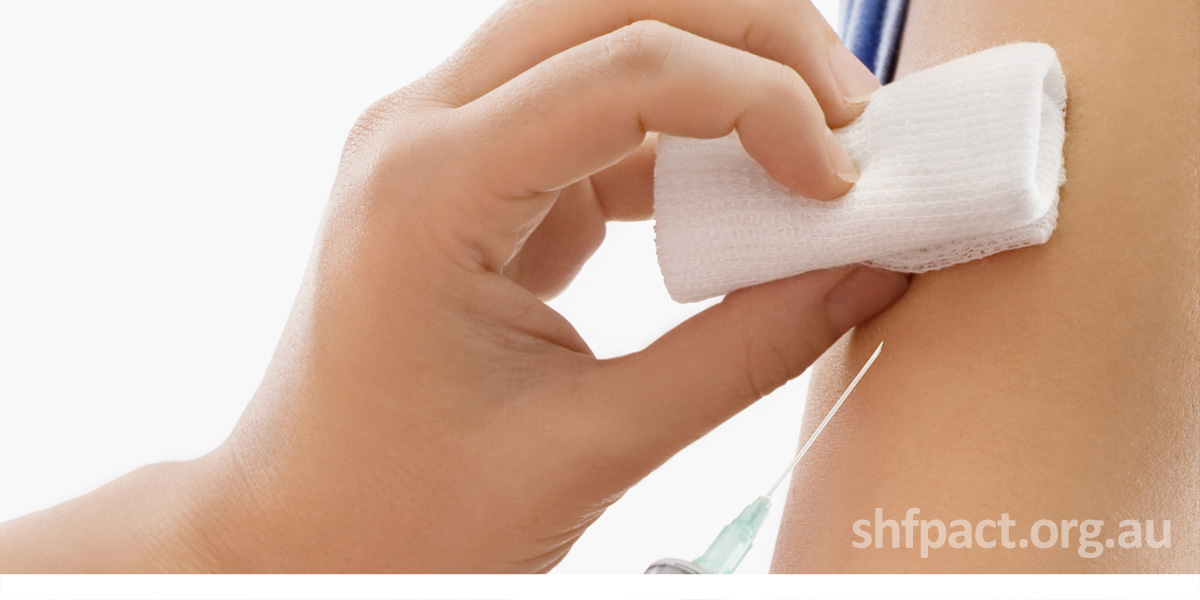PAP tests are changing
 The Australian Government is planning to change the National Cervical Screening Program. The current screening program was developed in 1991 and we now know a lot more about cervical cancer.
The Australian Government is planning to change the National Cervical Screening Program. The current screening program was developed in 1991 and we now know a lot more about cervical cancer.
 The Australian Government is planning to change the National Cervical Screening Program. The current screening program was developed in 1991 and we now know a lot more about cervical cancer.
The Australian Government is planning to change the National Cervical Screening Program. The current screening program was developed in 1991 and we now know a lot more about cervical cancer.
 A new report by the Kirby Institute, shows that Australia's gonorrhoea rise of 63% has been driven by urban heterosexuals. The report shows a 99% rise in notification rates in major cities, a 15% rise in regional areas and an 8% fall in rural areas.
A new report by the Kirby Institute, shows that Australia's gonorrhoea rise of 63% has been driven by urban heterosexuals. The report shows a 99% rise in notification rates in major cities, a 15% rise in regional areas and an 8% fall in rural areas.
The data is revealed in the annual surveillance report on HIV, viral hepatitis and sexually transmissible infections, released by the Kirby Institute in Sydney on Monday.
The report shows there were 23,887 new diagnoses of gonorrhoea in 2016, with about three quarters of them in men. Between 2012 and 2016, gonorrhoea notification rates increased from 62 per 100,000 people to 101 per 100,000 people. Rates increased by 72% in men and 43% in women.
 The contraceptive pill has been found to protect women from certain cancers, including ovarian, a study suggests.
The contraceptive pill has been found to protect women from certain cancers, including ovarian, a study suggests.
Women who have taken the contraceptive pill are protected from some types of cancer for as long as 30 years, according to new research. Those who have used the pill are less likely to have bowel, endometrial or ovarian cancer than women who had never taken it, a study at the University of Aberdeen found.
Researchers also looked at the risk of all types of cancer in women who have taken the pill during their reproductive years and found it does not lead to new cancer risks later in life.
 New study shows HPV vaccine is working to reduce rates of genital warts.
New study shows HPV vaccine is working to reduce rates of genital warts.
The human papillomavirus (HPV) vaccine was introduced in Australia in 2007 and New Zealand in 2008 to prevent cervical cancer. It was free for women up to age 26 in Australia and to all women under 20 in New Zealand. This is because 99.7% of cervical cancers are associated with the sexually transmissible infection.
There is mounting evidence the HPV vaccination program is preventing cervical disease. This includes both precancerous lesions and cervical cancer. Although it takes 10 to 20 years from HPV infection until cervical cancer develops, the data are already showing a 17% decline in precancerous lesions in women aged 25 to 29.

A new type of male contraceptive not only prevents babies; It's reversible!
We've been waiting a long time for this. Until now, men have had only two serious options for preventing baby-making: condoms or 'the snip'. A promising new product could be set to change all that, with animal trials indicating that it's not only close to 100 percent effective, but that it can also be fully reversed, making it less drastic than the vasectomy while still offering similar benefits.
Trademarked under the name Vasalgel, the contraceptive is a polymer gel being developed by the non-profit Parsemus Foundation in California, which aims to "find low cost solutions that have been neglected by the pharmaceutical industry".
We reported on Vasagel back in February after it showed itself to be effective in preventing rhesus monkeys from getting pregnant for up to two years.
The SoSAFE! Tools (together with SoSAFE! User Training) provide teachers, trainers and counsellors with skills and simple visual tools to enhance the social, social-sexual and social safety training of people with moderate to severe intellectual disability. SoSAFE! uses a standardised framework of symbols, visual teaching tools and concepts to teach strategies for moving into intimate relationships in a safe and measured manner, and provides visual communication tools for reporting physical or sexual abuse.